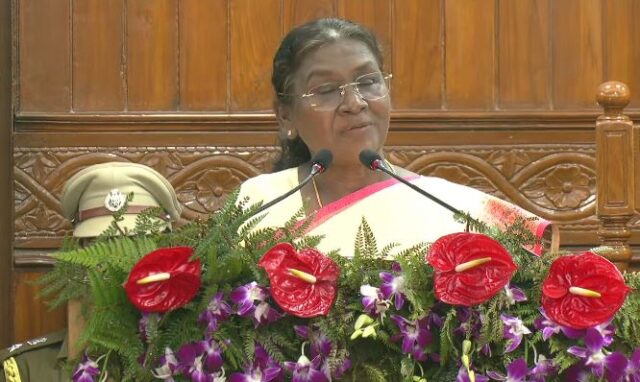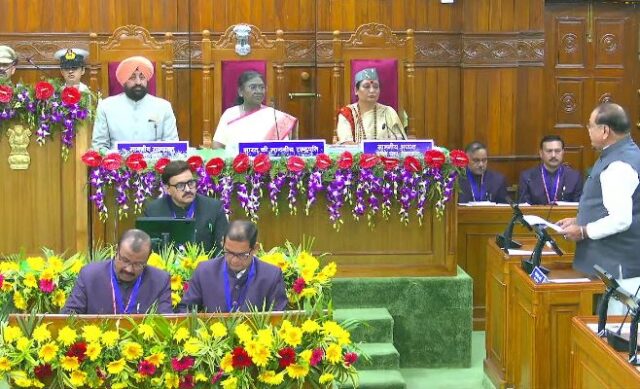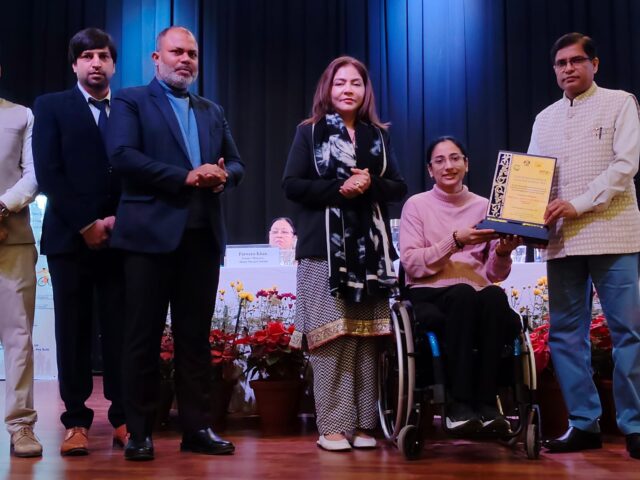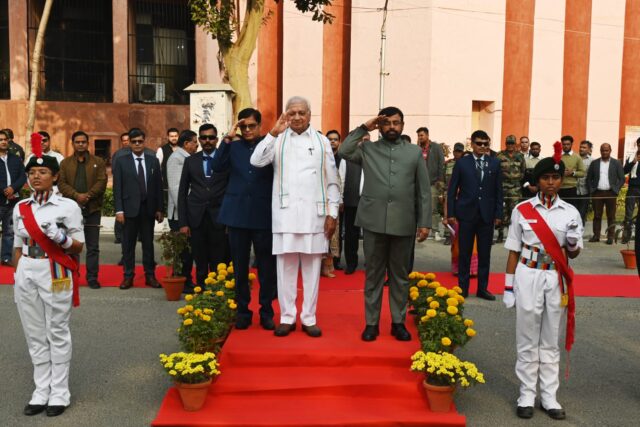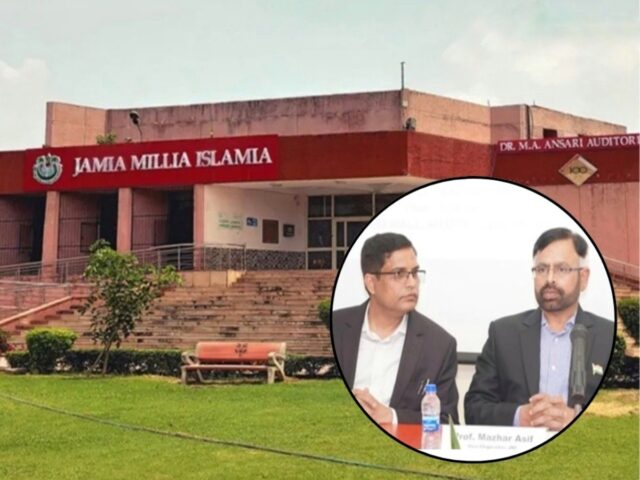CJI Chandrachud had to take a big decision on the collegium system, Justice Kaul had said – If you close your eyes…

The Supreme Court on Monday said that a bench will have to be constituted to hear the petition filed against the existing collegium system of appointment of judges in the Supreme Court and High Courts. Advocate Mathews J. When Nedumpara mentioned his old petition for speedy hearing, Chief Justice D.Y. Chandrachud said, “I will have to constitute a Constitution bench.”
Nedumpara referred to a recent interview with former Supreme Court judge Justice Sanjay Kishan Kaul, who retired on December 25 last year. Justice Kaul, in an interview to PTI on December 29, had said that the National Judicial Appointments Commission was never given a chance to function, leading to resentment in political circles and the collegium system that appoints judges to the higher judiciary. Work was disrupted.
After coming to power in 2014, the Narendra Modi government had enacted the National Judicial Appointments Commission (NJAC) Act. NJAC was entrusted with the responsibility of making judicial appointments. It included the Chief Justice, two senior judges of the Supreme Court, the Union Law Minister and two other eminent persons nominated by the Chief Justice, the Prime Minister and the Leader of Opposition in the Lok Sabha.
The Supreme Court, however, struck down the NJAC Act in October 2015, declaring it unconstitutional. Justice Kaul, in an interview with PTI, said it has to be acknowledged that there are some problems in the collegium system and it would be “not realistic” to say that it is functioning smoothly.
The former Supreme Court judge said, “If people say that it (the collegium) works smoothly, it would be unrealistic in a way because it is not a fact. This is reflected in the number of appointments that are pending. Even today some names which were recommended are pending. We have to accept that there is a problem with the system. If we close our eyes to the problem, we will not be able to reach the solution. You have to first accept the problem and only then you can find a solution.”
He said, “It is very difficult to say what should be the way forward because the collegium system is the law of the land, so the collegium system, as it is, should be implemented. If the Parliament, taking cognizance of the error found, tomorrow in its wisdom says that there should be some other system, then it is for it to do so, we cannot do that. Therefore, it is our responsibility to follow the existing law.”
Justice Kaul was a member of the Supreme Court Collegium for more than a year. He said that at present the collegium system is the law of the country and it should be implemented in the same form as it is.


